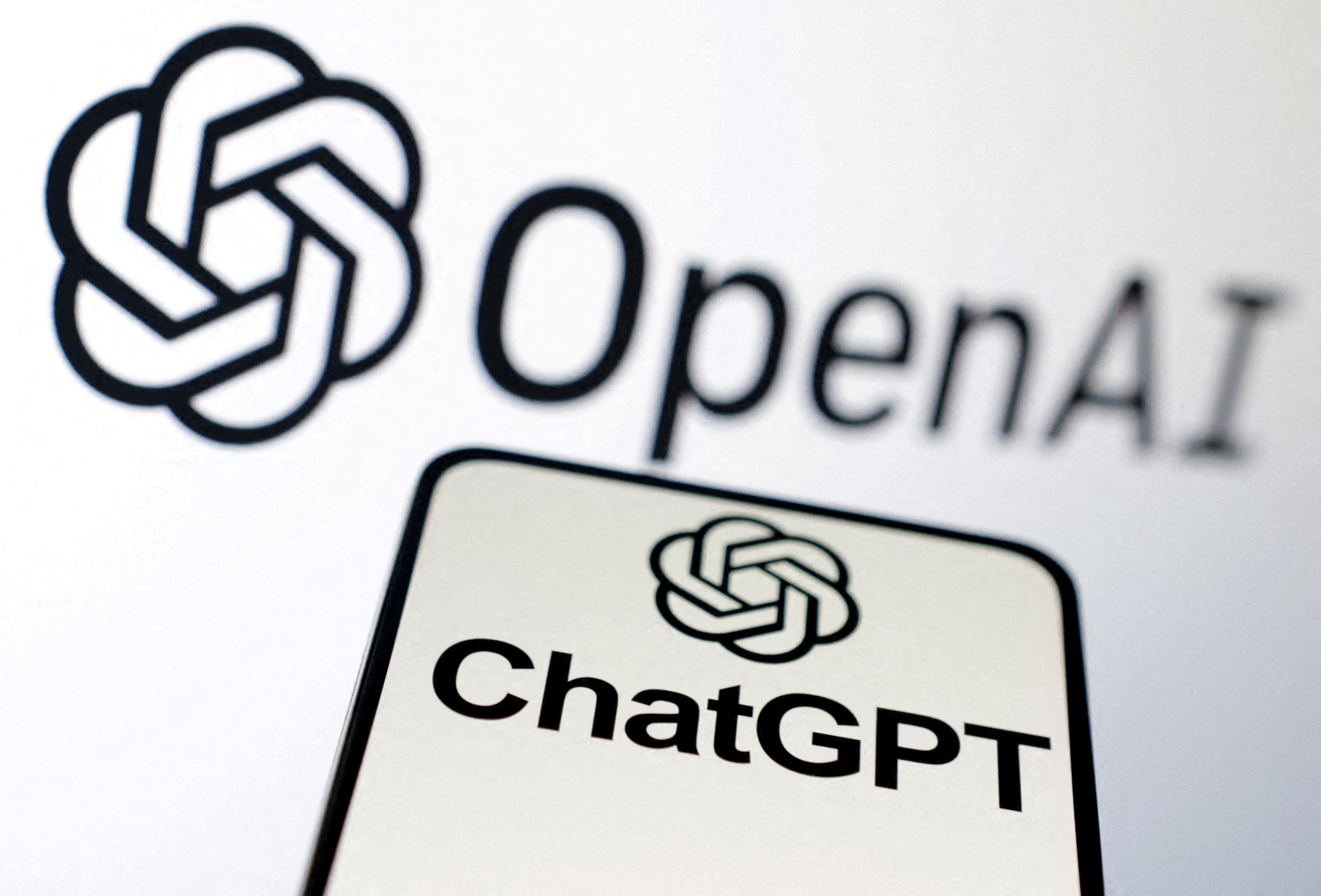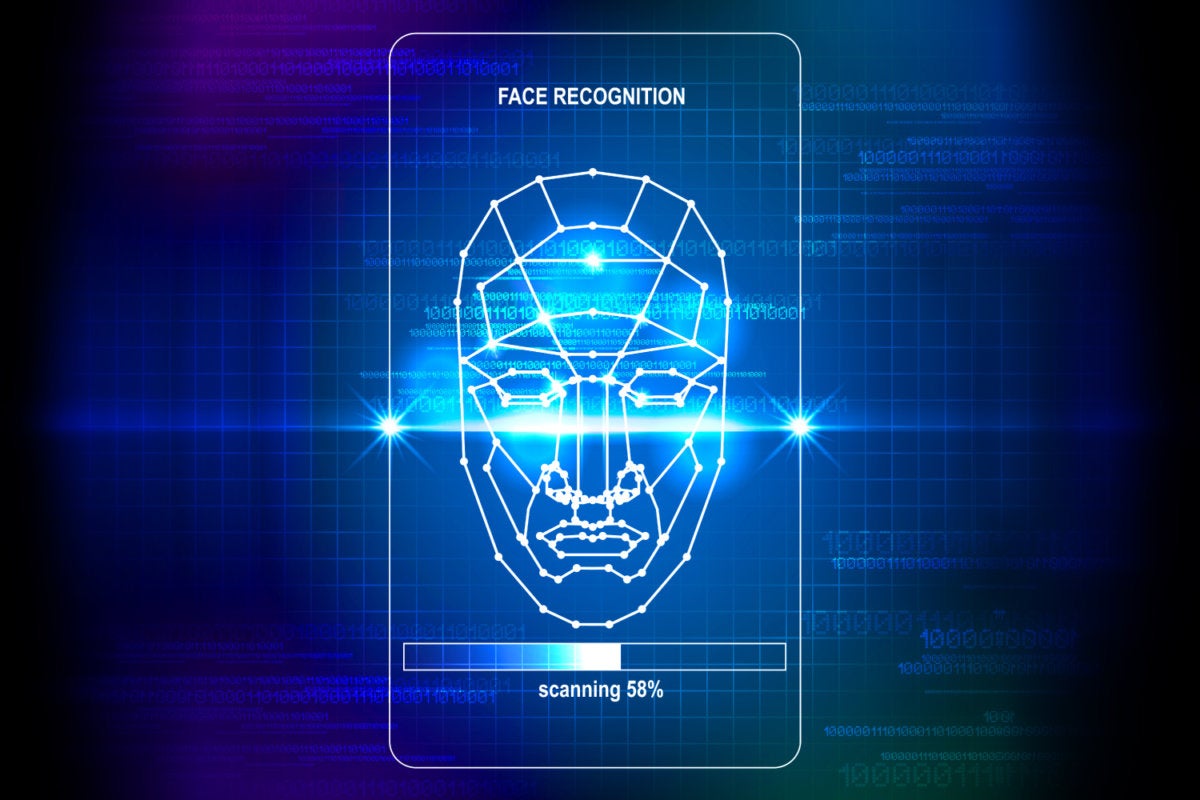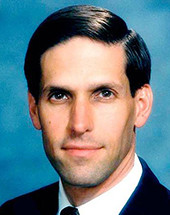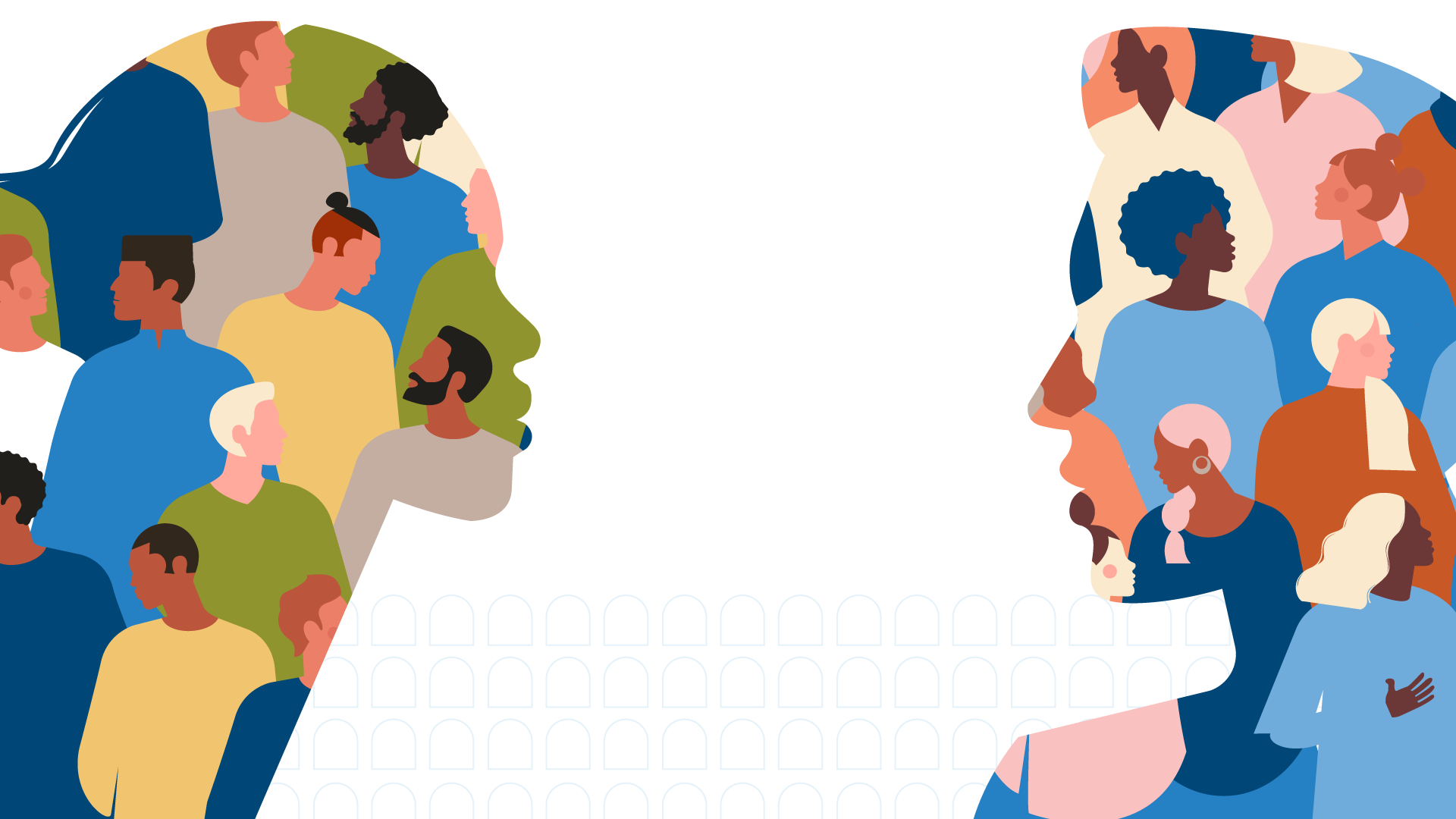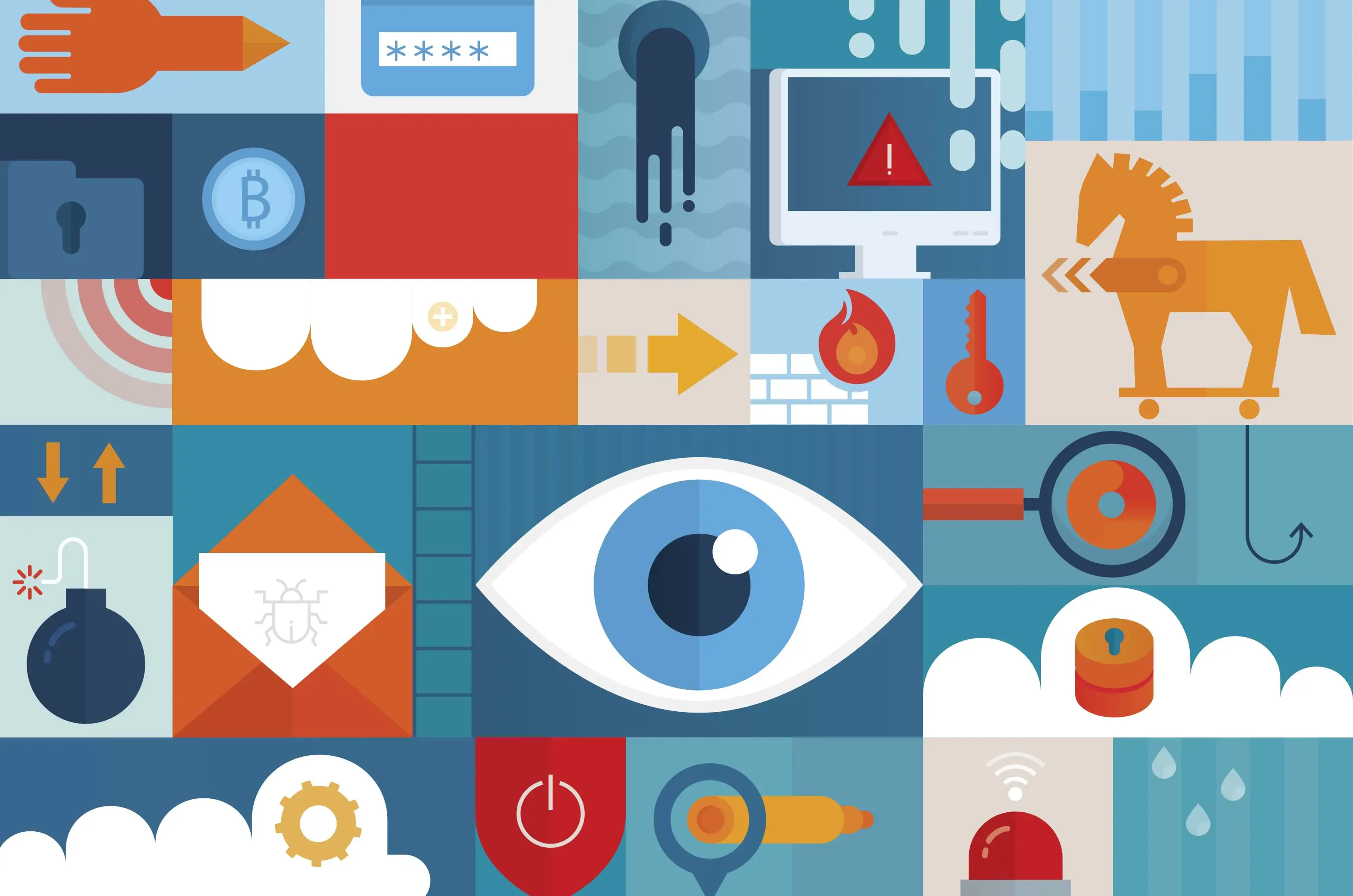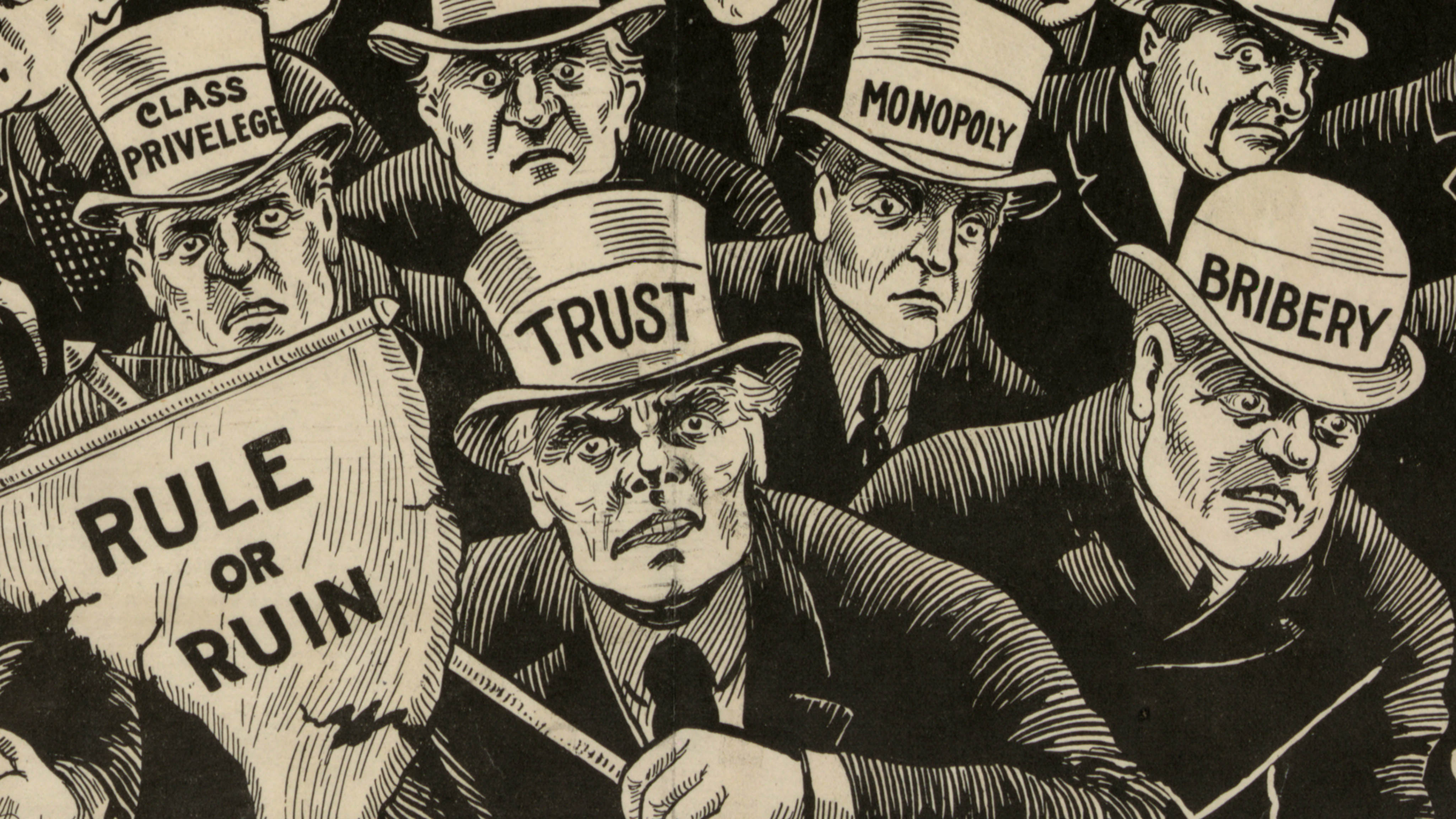Looking through the Overton Window
Public opinion and politics have a reciprocal relationship, shaping and influencing the other over the years. Due to the effectiveness of these on society, the revolution of policy formation and legislation were introduced more assertively, election outcomes have had stronger influences, social movements have risen to seek injustices or advocate for greater change, and there have been broader cultural shifts redefining societal norms and values.
The Overton Window is a model for understanding how ideas in society change over time and influence politics and affluences in society. It can also be known as the "Window of Discourse", generating the spectrum of ideas on public policy and social issues accepted by the general public. The Overton Window itself can shift and expand based on the evolution of societal values and norms. This theory is named after Joseph Overton, a former vice president of the Mackinac Center for Public Policy, who first articulated the concept in the 1990's. The Overton theory was named after him, after dying in a plane crash in 2003.
Mr. Overton found a strategic way of ranging policies on a brochure model. The brochure listed the range of these possible policies on a single issue, from least to most government intervention. Only part of the range is achievable, and when Overton moved his slider, different policies fell into what he called the window of political possibility.
This theory is used often in discussions about policy proposals. For example, if a political idea falls outside of the current range of acceptable public opinion, it may be difficult to gain support for it. However, if an idea falls within the current range, it may gain better attraction and have more of a chance of being developed into a policy proposal.
According New York Times, The key is that shifts begin with the public. Overton argued that the role of organizations like his own was not to lobby politicians to support policies outside the window, but to convince voters that policies outside the window should be in it.
Certain public policies and norms that can generate activity within the idea of this window are topics such as marijuana legalization, universal healthcare, climate change, same-sex marriage, criminal justice reform, and minimum wage and economic policy.
An example of the Overton Window in society today that has had impacted society greatly is the growing support for same-sex marriage. Support in the United States for same sex marriage has catapulted into the Overton Window of not just political possibility, but legal feasibility, being now legal in all 50 states. Studies show Democrats' support of same-sex marriage has grown 50 percent since 1996 — the most among political party groups.
It can be recognized that the theory of the Overton Window has had a vast impact on all individuals in society today. Without this theory, public opinion would not be displayed as vividly, and widespread media would not be as affluent to all individuals in todays society. The impact of the policy is something that will carry on for future generations to observe.

